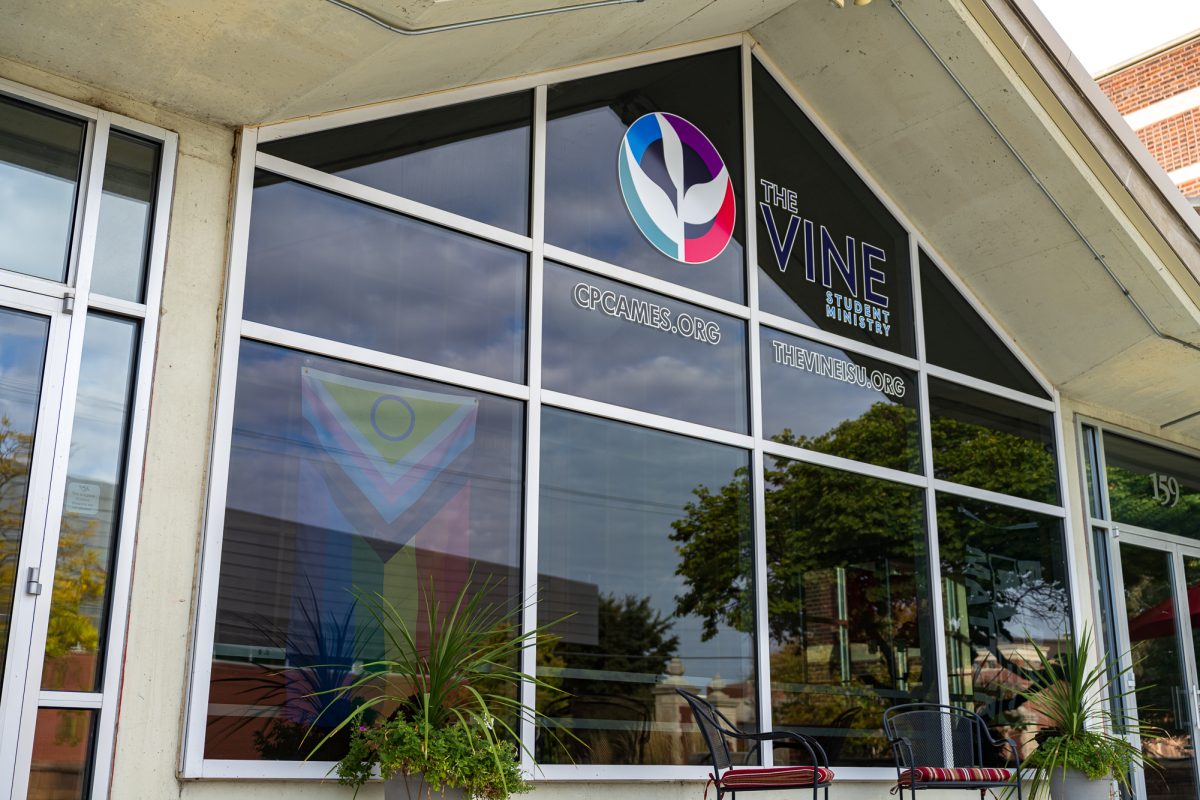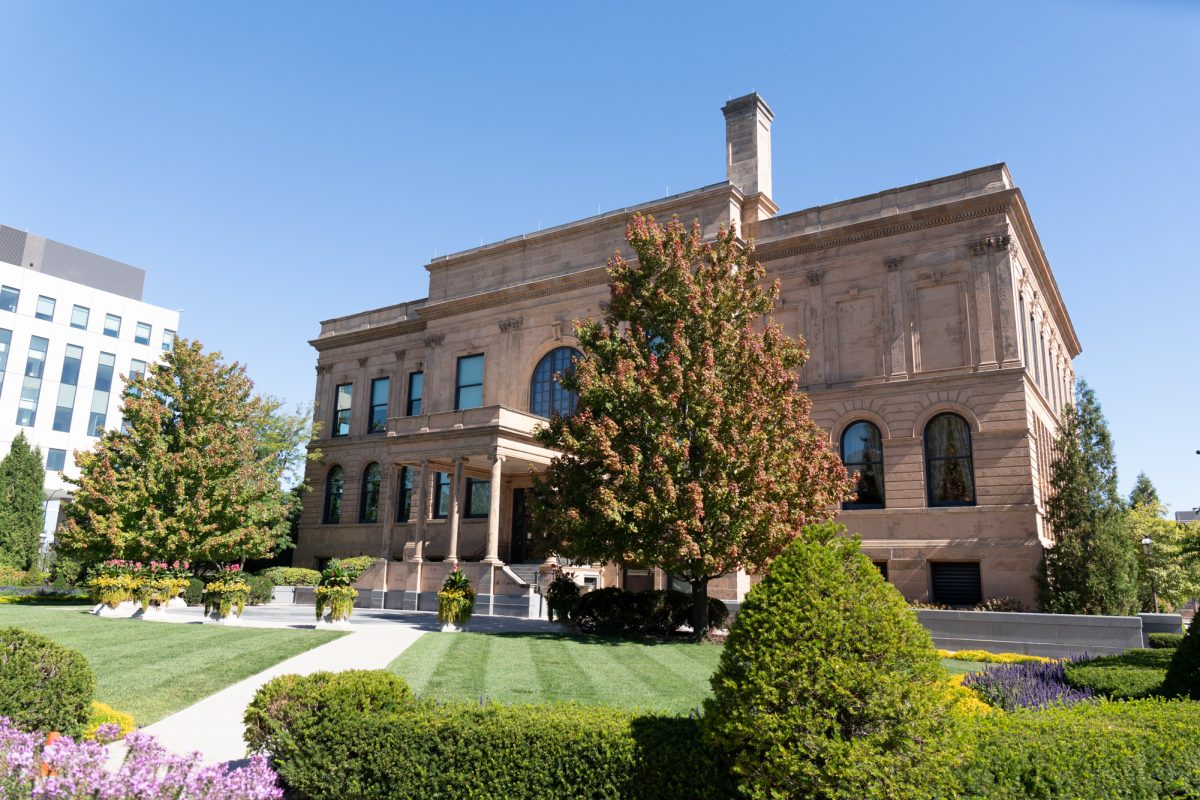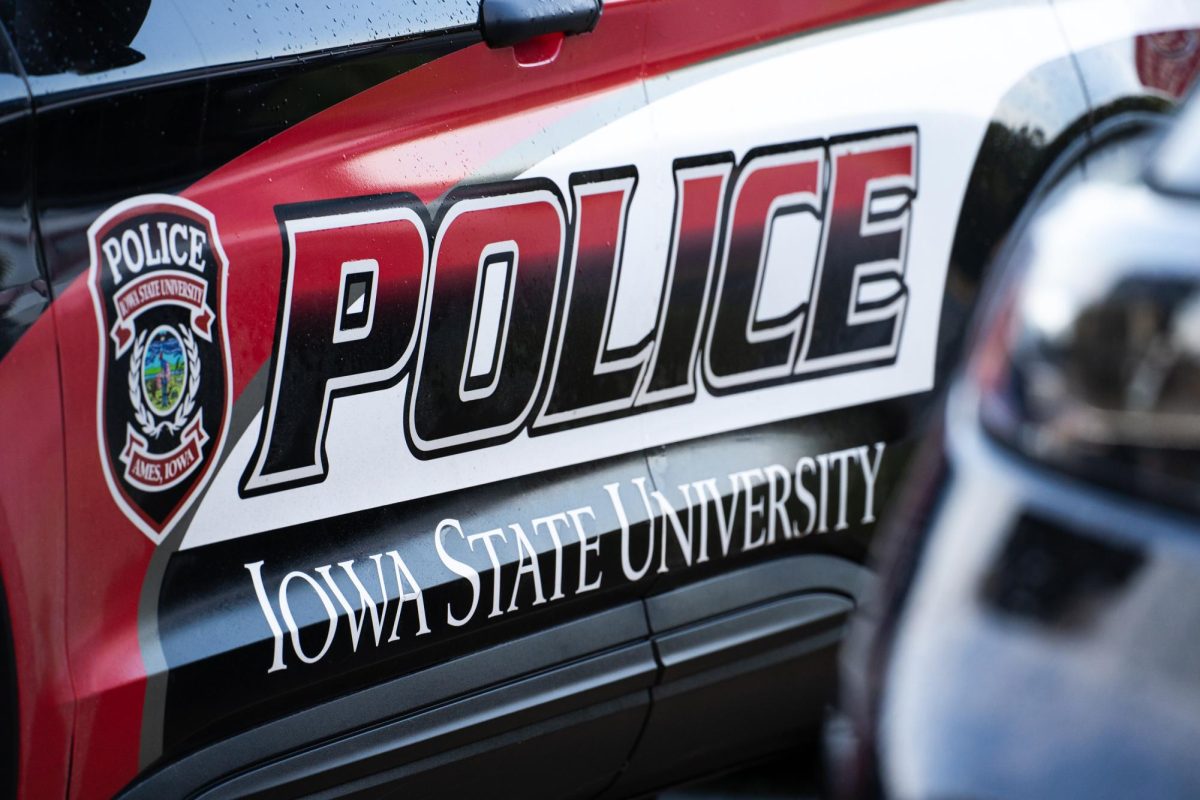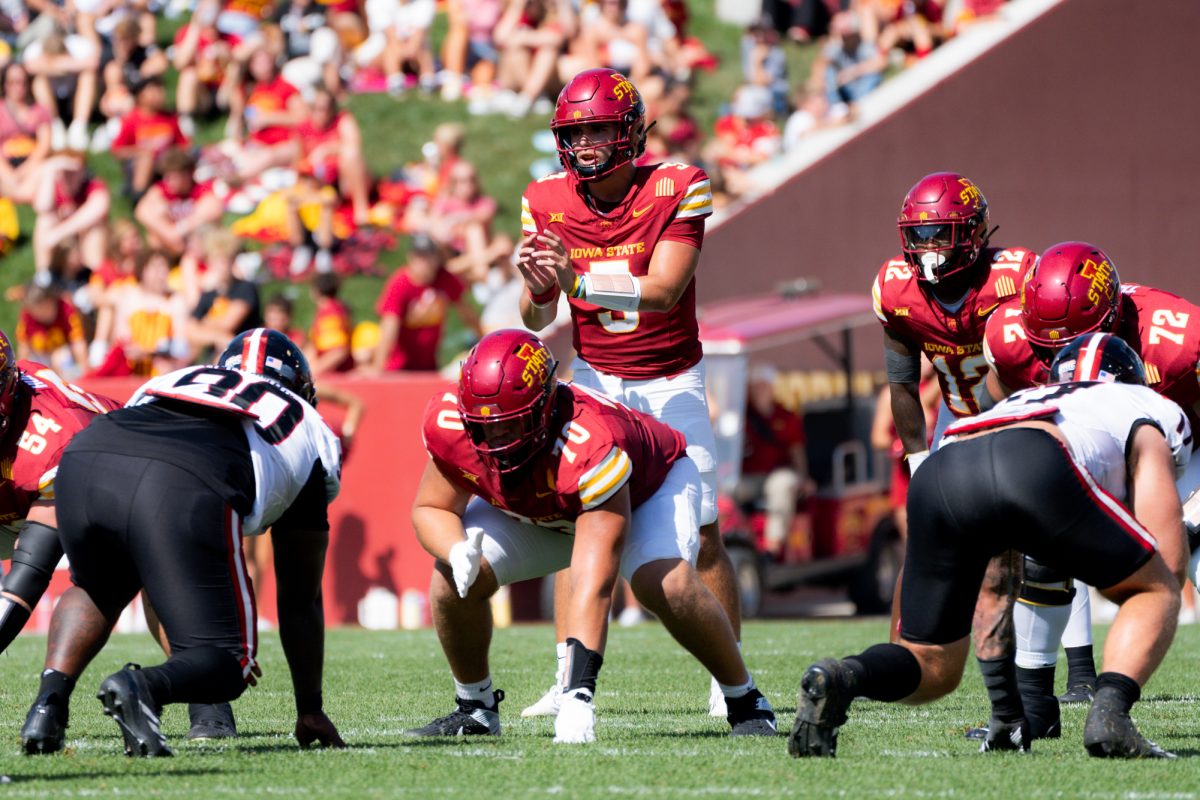Women breaking new ground in technical fields
September 21, 1998
Students and employers nationwide have long known that certain groups of individuals are under-represented in highly technical disciplines such as science and engineering.
At Iowa State, the Program for Women in Science and Engineering (WISE) has been combating this discrepancy.
“WISE recognizes that the only way to deal with this problem is to attack it from many directions,” said WISE coordinator Krishna Athreya.
“We have outreach activities to work with all levels of students so that we can really make a change in people’s perceptions of women’s roles,” she said.
ISU’s proportion of women in engineering is below the national average, at only about 17 percent of undergraduates. Since the WISE program began in 1986, though, these numbers have increased more than fourfold.
“Part of the problem is history,” Athreya said. “There’s a social bias that’s been reinforced by media images. Also, there seems to be a culture in certain disciplines that makes it very difficult for women to excel.”
Some ISU students agree.
“I think that [the issue] is partly in the upbringing,” said Nichole Carnahan, freshman in industrial engineering. “From elementary school, boys are usually encouraged in math and science, and girls are more encouraged in arts and the humanities. It might be partially biological, though, too.”
“Childhood socialization starts very early, and the opinions that they develop grow over time. That’s why it’s so important to make incremental changes starting early, though, to really make a difference in the future,” Athreya said.
WISE has tackled the issue in many ways, said one of its participants.
“I live on a WISE [residence hall] floor, and I think that it’s really helpful to have a little extra support here,” said Jennifer White, freshman in industrial engineering.
“It’s nice to be able to walk down the hall and know that there are a lot of other girls there who I know will be able to help me out if I need it,” she said.
The WISE-designated residence arrangement was started four years ago with 52 students. This year, more than 250 girls live on WISE floors.
In addition to residence arrangements and learning communities for current college students, the program also sponsors conferences and other outreach events to get through to younger students in high school and in junior high.
“We’ve served over 15,000 girls through our career conferences,” Athreya said. “We used to have two conferences in the spring and two in the fall for students in grades sixth through 12th, but this year, we’re having to increase that to three at both times to meet the demand.”
The program, titled “Taking the Road Less Traveled,” allows young women the opportunity to interact with technical professionals in a small group setting. More than 1,200 students participate each year in the event, which is directed at encouraging and recruiting students into science and engineering disciplines.
“We also maintain a database of professionals in Iowa that are willing to be available as speakers or professionals for job-shadowing,” Athreya said. “Groups or girls anywhere in the state can access that information to find professionals to help them make their career decisions.”
WISE regularly collaborates with the Association for Women in Science, the Society of Women Engineers and the National Science Foundation to coordinate speaking events and other programs that promote women’s involvement in engineering and the sciences.
“For the summer of 1997, the NSF helped to fund a program called Internet Explorations that brought 20 students from all over the country to Iowa State for eight weeks,” Athreya said.
Athreya said the program was designed so that undergraduates mentored high school students creating a science Web site geared toward late elementary and junior high level students.
“[The program] was really unique in that it affected three different levels of students: the undergraduate mentors, the high school students and the younger students who used the site,” Athreya said.
Most of the funding for WISE comes from institutional grants and private contributions, Athreya said.
“We get a lot of corporate donations and gifts from alumni, but we’re always looking for new sources of funding,” she said. “We try to maximize what we can do with the funds we have available, but certainly the more money we can raise, the more we can do.”
Athreya said most importantly, groups like WISE work to stop the exclusion of others.
“When we exclude any section of our society from success, we are hurting not only the group being excluded, but also society as a whole,” Athreya said. “We want people to realize that women have a significant contribution to make to science and engineering, and that their contribution really will improve things for everybody.
“Morally, ethically and economically, it just makes sense to open the doors to everybody,” she said.






